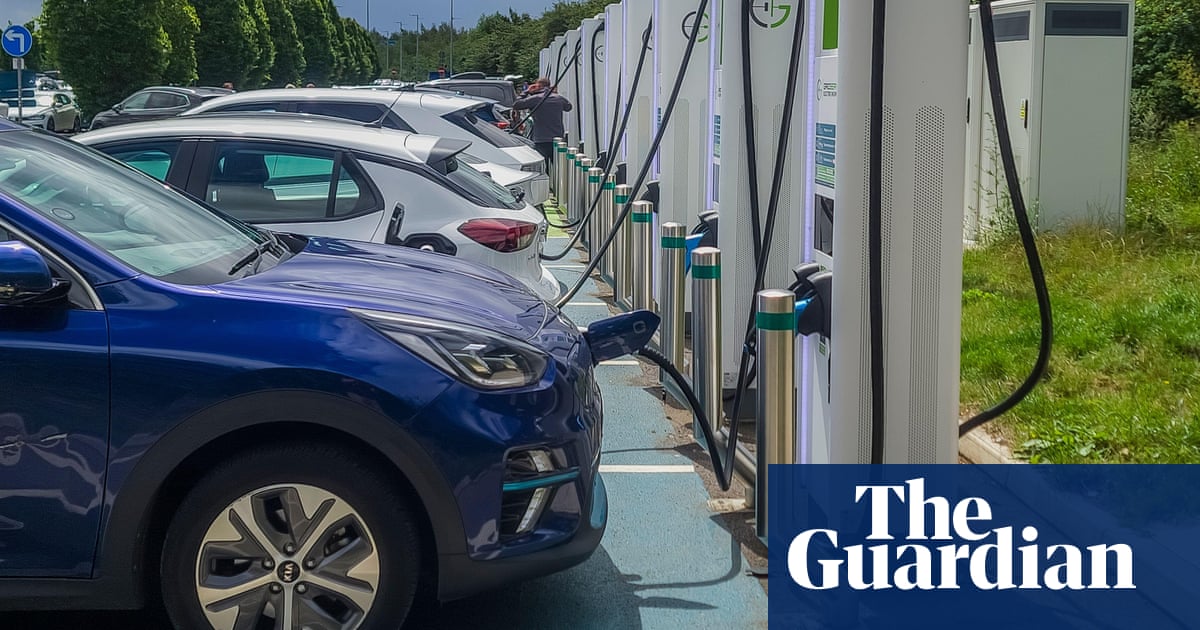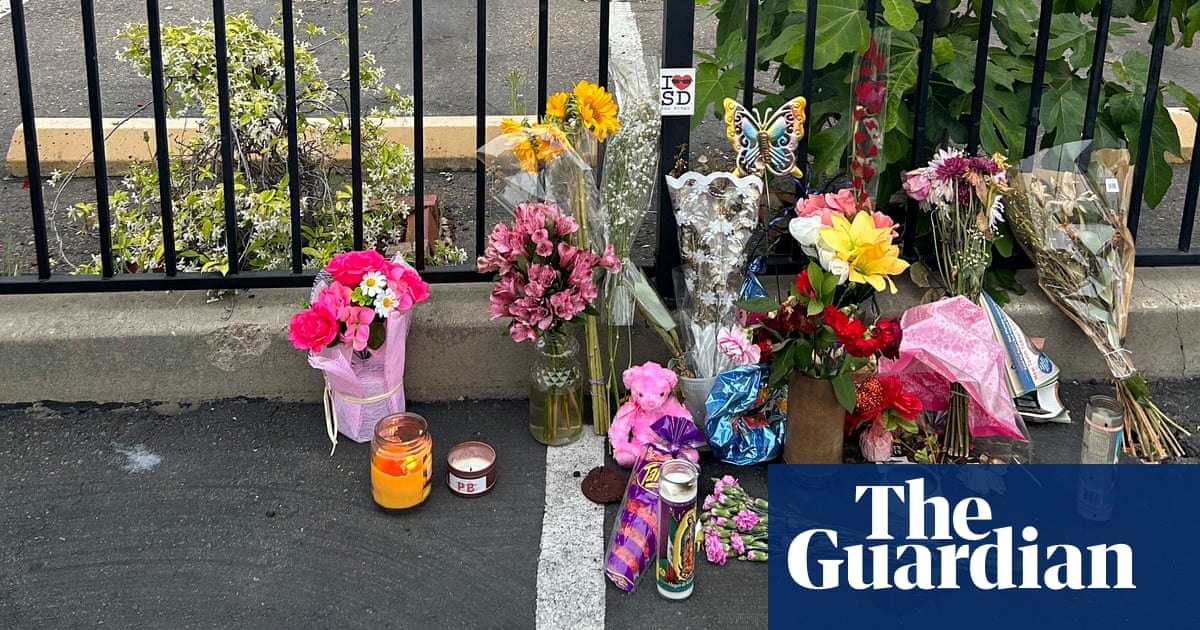I must commend the Guardian and Damian Carrington for the excellent reporting on the views of leading climate scientists (âHopeless and brokenâ Why the worldâs top climate scientists are in despair, 8 May). I have experienced climate despair, which has led me to take part in non-violent protests, and I can certainly bear witness to the fact that this kind of collective action goes a long way to offset the despair. However, protest is not for everyone. There are other ways to play our part.
We can help to accelerate the energy transition. Some 51% of final energy consumption is for heating and cooling, and 32% is for transport, according to the International Energy Agency, so we must ditch the old boiler and invest in a heat pump, and swap our petrol car for an electric model. By fitting solar panels, we can also generate renewable energy to power both transport and heating. Having done these things myself, I have found that the lightening of my carbon footprint brings with it a lightening of climate despair.
If we support the drive to achieve net zero, we should also join the dots and realise that this means we each have to live net zero lives. Collective acceptance of this may be one of the âsocial tipping pointsâ that would accelerate the solution. We need to make it socially unacceptable to drive combustion cars and heat our homes with fossil fuels.
The Guardian is one of a few major newspapers worldwide that is prepared to give the climate crisis the prominence it deserves. Maybe it can be one of the first to help bring about this social tipping point.
John Coghlan
Bradford-on-Avon, Wiltshire
Your article (Worldâs top climate scientists expect global heating to blast past 1.5C target, 8 May) and editorial in the same edition (The Guardian view on the climate emergency: we cannot afford to despair, 8 May) highlight the strong emotions felt by the climate science community about where we are in terms of tackling climate change. The words â hopeless, infuriated, scared â stand in contrast to the usual dispassionate language of climate science. Your editorial cautions against despair because it is counterproductive. And yet conversations about climate action continue to be coloured by depictions of a dystopian future.
Over the past few months, Climate Outreach and More in Common talked to more than 5,000Â people across Britain. Weâre hearing something a bit different from ordinary people: that government action and investment in tackling climate change makes many people feel positive. The majority want to press ahead with net zero, believing it will be good for the UK. They have hope.
Climate action happens when people feel a sense of agency â when we believe that we can do something, and that what we do matters. This is the conclusion of a vast amount of social science research â and our own work at Climate Outreach. If weâre to avoid the version of the future that experts fear, we urgently need a new climate conversation.
Rachael Orr
CEO, Climate Outreach
Your editorial is absolutely right that social and political tipping points on climate action are on the horizon, which is why scientists â while their warnings must be urgently heeded, together with the information that every 0.1 degree is important â are not best placed to prophesy our climate fate.
A business-as-usual society with added technology will not do. Solar panels, electric buses and a circular economy are essential for a livable planet, but without social innovation they will only deliver us to a cleaner disaster.
Ending financialisation of public services and the crisis of âtoo much financeâ, cutting working hours (with a four-day week without loss of pay for starters) and introducing a universal basic income â to free up human time, energy and talents to be directed well â are the kind of foundational changes that can and must be part of climate action.
Scientists are not the experts here. Grassroots political activists, campaigners, independent thinkers, indigenous traditions and the people collectively, through participatory democracy, can see and deliver the path to human societies living within the physical limits of this fragile planet while caring for climate and nature.
Natalie Bennett
Green party, House of Lords; author of Change Everything: How We Can Rethink, Repair and Rebuild Society
It doesnât require a survey to know that the global mean temperature rise will breach 1.5C before 2030. In 2023, Jim Hansen demonstrated that the rate of warming, 0.18C per decade since the early 70s, has increased to 0.27C per decade since 2010. The reasons for the acceleration in warming are not entirely clear, but two important possibilities are the rapid rise in atmospheric methane since 2008, and the loss of aerosol cooling from legislation limiting the sulphur content of fuels used for shipping. The IPCC are therefore deluded if they are claiming that the 1.5C limit is still achievable.
Dr Robin Russell-Jones
Founder, Help Rescue the Planet
Thank you for your explainer article âWhat are the most powerful climate actions you can take?â (What are the most powerful climate actions you can take? The expert view, the guardian.com, 9 May). The experts you interviewed are quite right in saying that the most powerful action is to vote, but one is quite wrong in saying that âindividual action can only amount to a drop in the bucketâ. Telling people that theyâre just a drop in a bucket is not going to motivate them to act.
In New York state back in the 70s, Consolidated Edison asked consumers to save electricity because of the fuel crisis. In response, it was said that individual consumers saved so much electricity that the utility applied for a rate hike.
No one set out to destroy the environment. Survival once meant grabbing everything we could get and doing everything the cheap and easy way. Now we can and must act differently. Voting is fine, but all of us drops in this bucket must also change our consumption habits. Billions of individual decisions put us in this hole; billions of individual decisions will get us out.
Gregory Johnson
Bergesserin, Bourgogne, France



